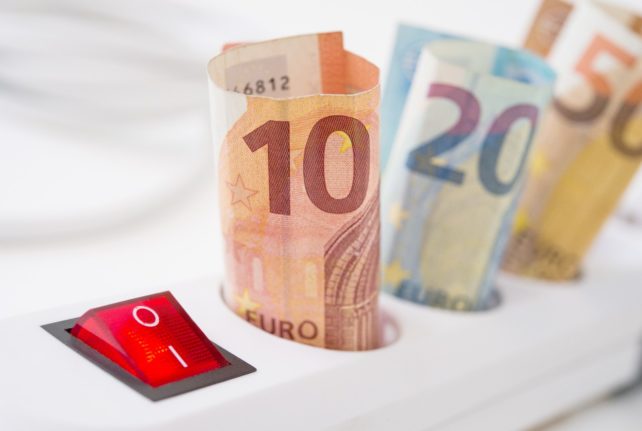Ukraine had urged Canada not to return the turbines as it seeks to keep up international pressure on Russia months after it commenced its deadly invasion.
Germany is seeking to bolster waning energy supplies, but Ukraine has accused Berlin of giving in to Russian “blackmail” after Moscow blamed reduced supplies on the need for repairs, not market conditions amid the Ukraine war.
The turbines are currently undergoing maintenance at a Canadian site owned by German industrial giant Siemens.
“Canada will grant a time-limited and revocable permit for Siemens Canada to allow the return of repaired Nordstream 1 turbines to Germany, supporting Europe’s ability to access reliable and affordable energy as they continue to transition away from Russian oil and gas,” said Natural Resources Minister Jonathan Wilkinson.
“Absent a necessary supply of natural gas, the German economy will suffer very significant hardship and Germans themselves will be at risk of being unable to heat their homes as winter approaches,” he said in a statement.
The Canadian minister also accused Russian President Vladimir Putin of wanting to “sow division” among western allies.
Russian energy behemoth Gazprom last month blamed the issue for a reduction in supplies to Germany via the controversial pipeline, with Berlin facing a serious energy crisis.
Berlin says it has been in regular contact with Ottawa in recent weeks in order to ensure the turbine’s swift transfer back to Europe without Canada falling foul of Ukraine-related sanctions against Russia.
The German finance ministry indicated that “if it makes taking the decision easier for the Canadians in the legal sense,” Germany could propose Ottawa send Berlin the machinery rather than to Gazprom and Russia.
While not accepting maintenance issues as the reason for Russia cutting supplies, Germany says the return of the turbine would deprive Moscow of an excuse to keep supplies significantly below normal levels.
But Ukraine said its own pipelines were capable of transporting a sufficient volume of gas to Germany to make up for the falloff in Russian supplies.
“We are asking Canada to not return the Gazprom turbine to Germany, but to Ukraine,” Sergiy Makogon, the chief executive officer of Ukraine’s gas transmission system OGTSU wrote on Facebook earlier this week.
He insisted that “we must not submit to Kremlin blackmail.”
In addition, Canada announced on Saturday its intention to extend its economic sanctions against Russia to industrial manufacturing.
“These new sanctions will apply to land and pipeline transport and the manufacturing of metals and of transport, computer, electronic and electrical equipment, as well as of machinery,” Foreign Minister Melanie Joly said in a
statement.
READ MORE:



 Please whitelist us to continue reading.
Please whitelist us to continue reading.
Member comments